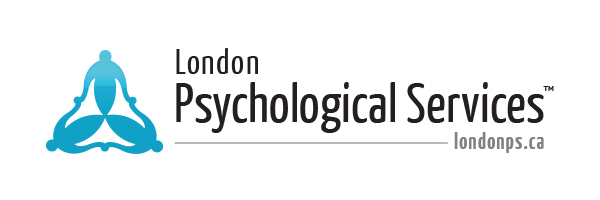“So, does this count as self-care?”
I posed this question to two friends this weekend; we were completely covered in mud, we were about halfway through a 9 km, 13 obstacle challenge and it was about a bazillion degrees out (it seemed like a good idea when I signed up for it back in January.)
Apparently it did count. My (clearly more chipper and positive) friend outlined the reasons it totally counted; we were doing something that was physically healthy, we were spending time together and doing something that was solely for us.
Once I completed the course, got the mud out of places that mud should never be, I reflected more about this experience and how I couldn’t help but agree that it totally did count as self-care.
Sometimes it can be tricky to determine what self-care actually is. Sure we hear about it all the time. We know (in theory) that it’s important. We know that we should be doing it and we also know that we aren’t doing enough of it.
So what exactly is self-care?
• Self-care can be *anything* that has a positive impact on you, both in the short-term and long-term (we’ll get back to things that seem like self-care but actually aren’t). I call it finding your moments of bliss; those moments when you can connect to and say “ahh, this feels pretty good right now.”
• Self-care is not things that feel good in the moment, but that come with an emotional hangover. You may have experienced this when that second piece of cake totally felt like self-care in the moment (“it was so tasty!”) but within a few minutes you are beating yourself up for having too much sugar, your stomach hurts and now you feel even worse. That’s not to say that good food can’t be a part of self-care (in my world, brie is totally self-care), but also be aware of any negative impacts it may have on you afterwards.
• Self-care can be activities that we do for our physical body; going on walks, taking an exercise class, working out at the gym. Exercise can be a huge mood booster, but it needs to be something that you actually enjoy. Dragging yourself to the gym 5 times a week and absolutely hating every minute may be “healthy” but probably isn’t refueling you. Pick something that you enjoy.
• Self-care can be activities that involve other people; going out for coffee with friends, hanging out with your partner, having a tickle fight with your kids. However, notice when being around other people is actually draining. Most of us need alone time. Honour your needs or spending time with others will feel less like self-care, and more like an obligation.
• Self-care can be activities that engage our minds; reading, writing, art projects. Again though (are you noticing a trend here?), it actually needs to be something that you enjoy. Just because colouring is all the rage, that doesn't mean it's the right fit for you. Find something that works for you. If you need to read the equivalent of candy floss for the brain, go for it!
Regardless of your definition of self-care, the most important part is that you're doing it on a regular and consistent basis!



